Required minimum distributions (RMDs) are mandatory withdrawals from qualified retirement savings vehicles, such as traditional IRAs, Simplified Employee Pension IRA plans, profit-sharing plans and defined benefit pension plans. RMDs are not required for Roth IRAs, nonqualified deferred compensations plans, nonqualified annuities and other nonqualified accounts.
Most seniors look forward to taking their RMDs when they turn 70-½ to help with expenses, while more affluent clients may not need the money. But they still have to take them, and if the contributions were tax-deferred, they’ll have to pay taxes on those distributions.
As a trusted financial advisor, it’s up to you to help your affluent clients navigate the tricky RMD rules to ensure they avoid penalties.
